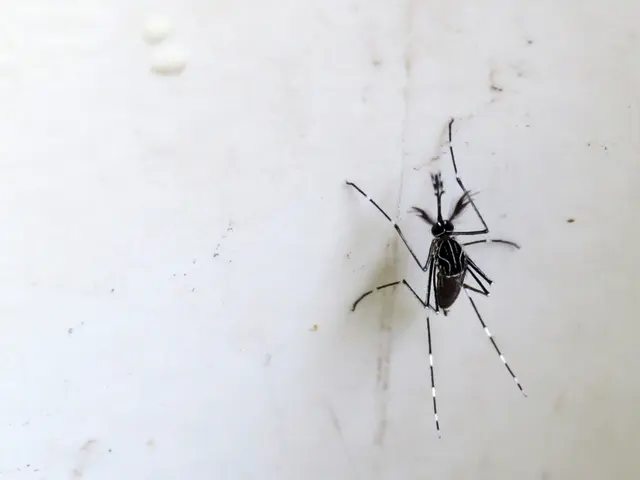Potential for 13 genetic areas within our genome could influence the difficulty of overcoming COVID-19!
A new study published in Nature has revealed 13 genomic loci associated with the severity and susceptibility of COVID-19 infection. These loci, including DPP9, TYK2, and ABO, impact key pathways related to immune defence, inflammation, and coagulation, which are critical in COVID-19 pathogenesis.
The locus DPP9 (Dipeptidyl Peptidase 9) is an intracellular enzyme involved in immune regulation and inflammation. Variants in DPP9 may alter inflammatory responses or cell death pathways, potentially contributing to the hyperinflammation or cytokine storm seen in severe COVID-19.
TYK2 (Tyrosine Kinase 2), part of the Janus kinase (JAK) family, plays a crucial role in signaling downstream of cytokine receptors. Genetic variants influencing TYK2 function can modulate the effectiveness of the host immune response. Certain variants may reduce antiviral signaling, leading to increased viral replication or inadequate immune defence, thus worsening disease severity.
The ABO blood group locus determines blood type (A, B, AB, O) through expression of specific antigens on red blood cells. Blood type has been epidemiologically linked to infection risk and severity—people with type A blood might have a higher risk, and type O a relatively lower risk. Mechanisms proposed include viral binding or entry, coagulation pathways, and susceptibility to thrombosis or endothelial injury.
Genetic variants at these loci vary in frequency among populations globally. Differences in allele prevalence may partially explain why some ethnic groups experience higher COVID-19 severity or mortality rates. For example, certain immune-related variants might be more common in one population, influencing the immune response intensity or viral clearance efficiency.
The study, conducted by the COVID-19 Host Genetics Initiative, a collaborative effort involving 46 separate studies across 19 countries, analysed approximately 50,000 COVID-19 patients. The project was launched in March 2020 and continues to yield new insights.
The findings from this study could open up new avenues for therapeutic agents against the virus. Researchers aim to use findings from this study to adapt drugs developed for other diseases to treat COVID-19. Additionally, the study hopes to reveal why some people may become "long haulers" with COVID-19 symptoms for months, while others recover quickly.
It's important to note that genetics is only one factor alongside socioeconomic, environmental, and healthcare access differences that contribute to these variations. Lifestyle, diet, age, and gender are known factors that increase the risk of severe illness from COVID-19.
Over 4 million people have died from COVID-19 worldwide, making it crucial to understand the genetic factors contributing to the disease's severity and susceptibility. This study is one of the largest genome-wide association studies to date, providing valuable insights into the genetic basis of COVID-19 and paving the way for future research and potential treatments.
Science has uncovered the role of DPP9, TYK2, and ABO in medical-conditions related to COVID-19, with variants in these genomic loci influencing health-and-wellness outcomes such as immune defense, inflammation, and coagulation. These discoveries could lead to new treatments for the virus, by adapting drugs designed for other diseases to combat COVID-19.




